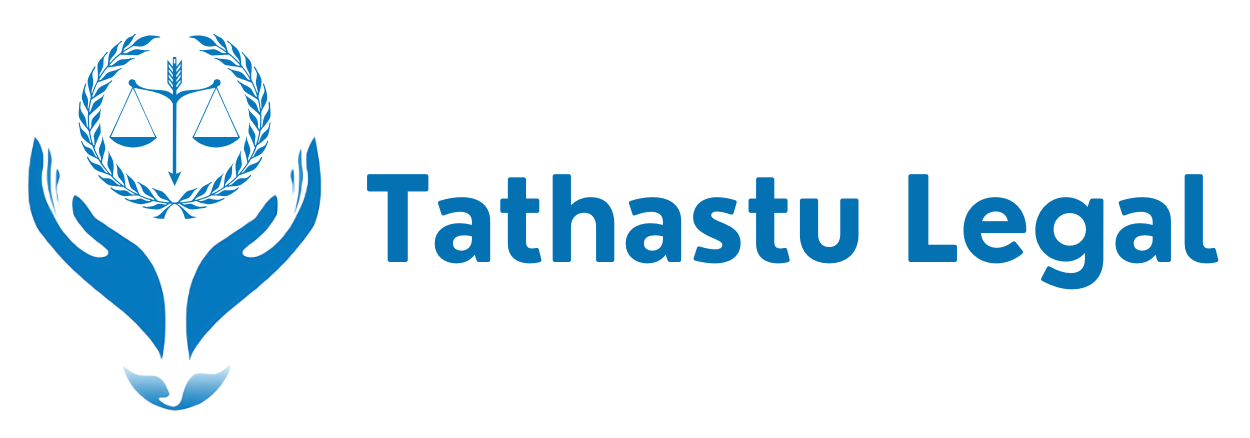FAQs (Frequently Asked Questions)
Inheritance Law in Dubai
How is inheritance distributed under UAE law?
Inheritance in the UAE is primarily governed by Sharia Law. If the deceased has left a valid Will, the assets specified in the Will are distributed accordingly. Any remaining assets not covered by the Will are distributed as per Sharia Law.
What are the rights of non-Muslim expatriates regarding inheritance in Dubai?
Non-Muslim expatriates in Dubai have the right to create a Will that outlines how their assets should be distributed. This allows them to bypass Sharia Law and ensure their assets are distributed according to their wishes.
Can I challenge a will in Dubai courts?
Yes, it is possible to challenge a Will in Dubai courts if there are valid grounds to do so. Legal advice is recommended to navigate the process effectively.
What documents are needed for inheritance claims in the UAE?
The required documents include:
- A Decree of Distribution
- UAE ID for all heirs (for UAE citizens and residents)
- Copies of valid passports for non-resident heirs
- A No Objection Letter (NOC) from the mortgagor if the property is under mortgage
- A letter from Dubai courts or relevant authorities confirming the transfer of property to the heirs.
How does Sharia Law impact inheritance cases in Dubai?
Sharia Law dictates fixed shares for heirs based on their relationship to the deceased and gender. Only one-third of the estate can be freely allocated by the deceased, while the remaining two-thirds must follow Sharia’s prescribed distribution rules.
Family Law in Dubai
What services do family lawyers provide in Dubai?
Family lawyers in Dubai handle a wide range of legal matters, including marriage, divorce, child custody, adoption, guardianship, prenuptial agreements, domestic violence cases, and inheritance planning.
How do UAE courts handle family mediation cases?
UAE courts encourage mediation as a first step in resolving family disputes. Parties with a mediation agreement must attempt mediation before proceeding to court or arbitration, unless the agreement is invalid or unenforceable.
What are the common issues handled by family lawyers in the UAE?
Common issues include marriage and divorce, child custody and visitation rights, child support, alimony, domestic violence, inheritance disputes, and drafting prenuptial or postnuptial agreements.
How can I obtain a restraining order in Dubai?
To obtain a restraining order, you must contact the police or visit a police station in Dubai. They will guide you through the process and provide the necessary documentation to file for a protection order.
What are the procedures for changing your name in the UAE?
To change your name, you must submit an application with supporting documents, such as a valid passport, Emirates ID, and a legal justification for the name change. The application is then processed by the relevant authorities.
Real Estate Law in Dubai
What is the process for drafting a Will in Dubai?
To draft a Will, consult a legal specialist registered with the Dubai Legal Affairs Department. The Will should include all assets and guardianship provisions. Appoint an executor and guardian (over 21 years old) to manage the distribution of assets. The Will must be translated into Arabic and registered at the DIFC Wills Service Centre or Dubai courts.
How are estates handled for non-Muslims in the UAE?
Non-Muslim residents can manage their estate planning through the Inheritance Department, which allows them to distribute assets according to their own private laws, ensuring their wishes are respected.
What are the inheritance laws for expatriates in Dubai?
Expatriates’ inheritance is determined after funeral expenses and debts are settled. If a Will exists, assets are distributed as per the Will. Any remaining assets are divided according to Sharia Law.
Can I set up a trust in the UAE?
Yes, trusts can be established in Dubai either by drafting a Will or preparing a deed of trust (codicil) under the Trust Law.
How are estate disputes resolved in Dubai?
Estate disputes are resolved by filing a complaint with the Department of Land and Real Estate (DLD). The dispute resolution process may involve hearings before a committee to reach a resolution.

